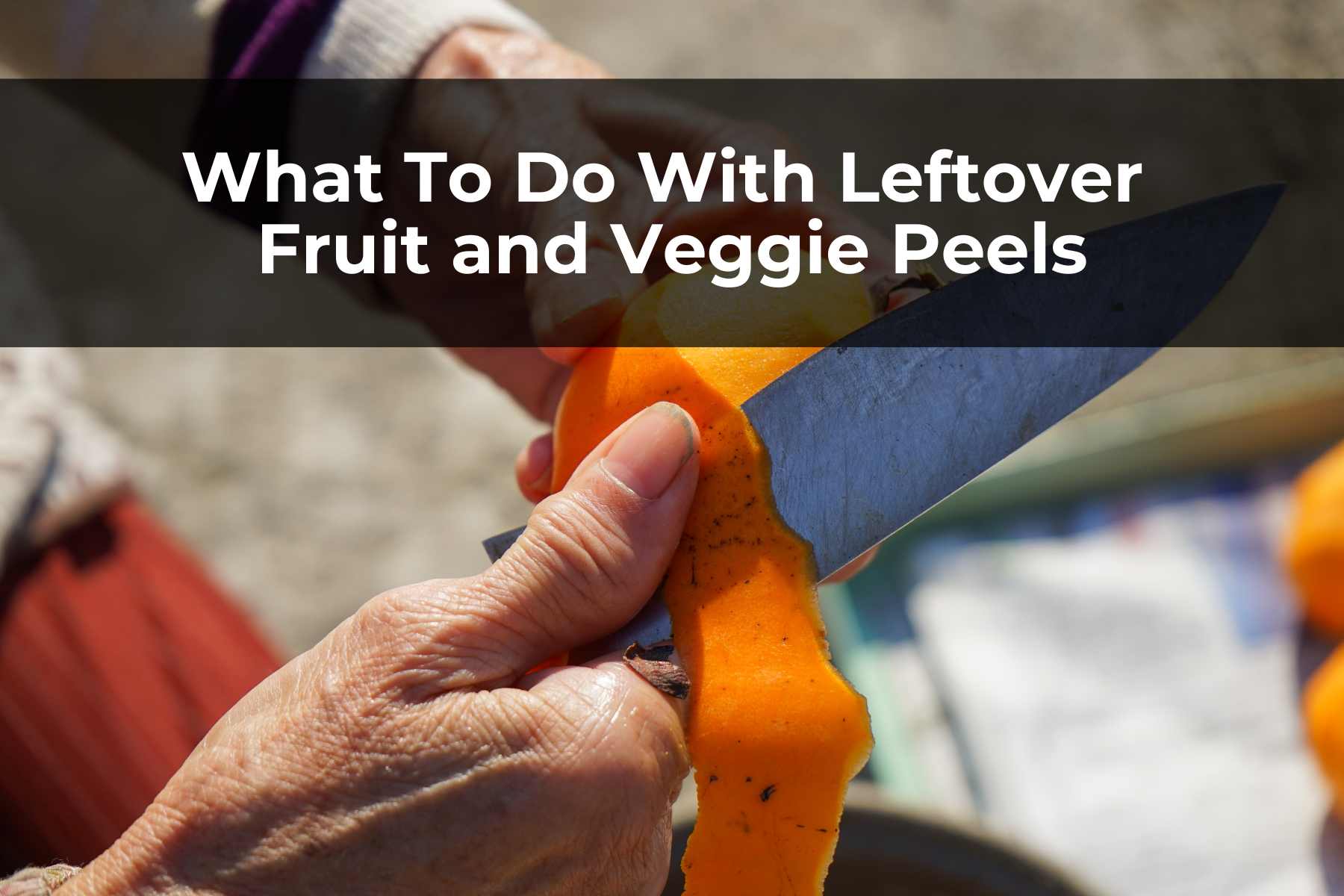Last Updated on April 10, 2024 by Real Men Sow
For a compost pile, you will need nitrogen-rich ingredients such as grass clippings and manure, as well as leftover fruit and veggie peels and cores.
Composting Fruits
These are the best materials for compost production. These fruits are high in nitrogen and can make great compost.
You can eat them, and you can also add them to your compost. You can collect cores from apples, rinds, and papayas of melons, papayas, and pineapples, as well as peels and bananas, to make compost.
Use an open-air container when composting fruits. For your compost, you can use raw or cooked fruits as well as fruit pulp. As larger pieces take longer to break down, it is better to chop them into smaller pieces.
If you are using fruits to make compost, it is a good idea to alternate them with a carbon-rich layer that contains shredded paper, grass, and dead leaves. You can add more dry material like grass to your compost if there has been raining.
Composting Vegetables
Before you compost your cooked leftovers, rinse them. When you cook, you can put vegetable scraps or refuse in a bucket. You should chop or shred large pieces of vegetable waste before you add them to your compost pile.
You can make softened leftover vegetables by chopping or grinding them in a food processor. Take out any old vegetable plants, and then bring the vegetable scraps and pulled plants to your outdoor composting space.
To form a layer of 3 inches, your vegetable plants must be mixed with nitrogen-rich materials. These can be combined with grass clippings, fruit peels, cores, or manure. You should cover your vegetables and other nitrogen materials with a 6-inch layer of carbon made up of ingredients like sawdust, hay, or shredded leaf. Water the layers.
It is important to turn your compost pile often. The compost should be turned regularly when it turns into soil-like humus.
Frequently Asked Questions
Can All Leftover Fruit And Veggie Peels Be Composted?
Yes, you can compost leftover fruit and veggie peels in any form, including scraps, cooked, raw, and rotten. What is the average time it takes to compost vegetables and fruits?
It all depends on how big your compost pile is, what you put in, and how well it is managed. Composting fruits or vegetables can take anywhere from 3 months to 2 years depending on how much work you do.
You can also compost coffee grounds, tea leaves, leftover wine, beer, or fruit juice. These food leftovers can be used as “green” material in your compost. However, black walnuts are toxic and must be avoided. If leftovers attract pest animals to look out for food in your compost bin, it is best to conceal any leftovers by tucking them under the top layer.
What Happens If You Don’t Turn Compost?
It can cause your compost to become anaerobic and keep it cold by not turning it. If the right balance of green and brown ingredients is maintained, you can still make compost.

